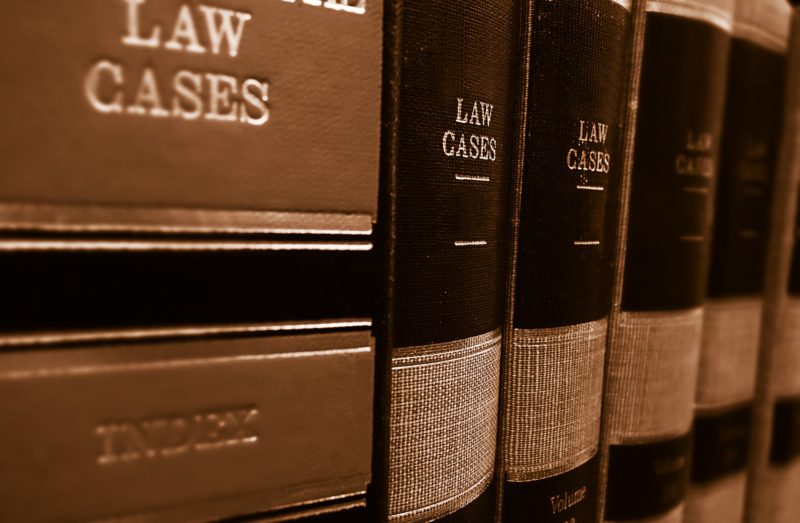This article is part of a three-part series on NFTs:
- Part 1: What are NFTs and Where Do They Derive their Value?
- Part 2: NFTs and IP Law
- Part 3: NFTs and the Digital Art Marketplace
Earlier this year, something called an “NFT” sold for $69 million USD at auction.[1] This was likely the first time most people had ever heard the term “NFT.” From that point forward, discussions of various NFTs were everywhere; as a result, they entered mainstream consciousness, much like Bitcoin had nearly ten years ago. In fact, NFT or “non-fungible token” was named word of the year for 2021.[2]
Artists, musicians, and other creatives now saw in their work the potential for monetization. Investors woke up to the value of digital art assets. Indeed, in the first half of 2021, NFT transactions totalled in the billions.
Despite their near ubiquity, it is unclear to many what NFTs are and what role they play in the digital marketplace. Just as it may be unwise for investors, collectors, and creators to ignore the burgeoning NFT industry, it may be equally unwise for those same people to ignore potential issues arising from this new asset class. Even more unclear is what, if anything, these new digital assets mean for the users and owners of intellectual property (“IP”) rights.
This series of articles tries to demystify NFTs and discuss what impact they may have for creators, users, and owners of IP rights. We aim to shed light on the intersection of technology, the creative industries, and IP law that arises with NFTs.
In our first article, we will discuss the nature of NFTs. In our second article, we will discuss the impact of NFTs on IP rights holders. In our final article, we will discuss the applicability of NFTs in the world of digital art.
Continue reading




